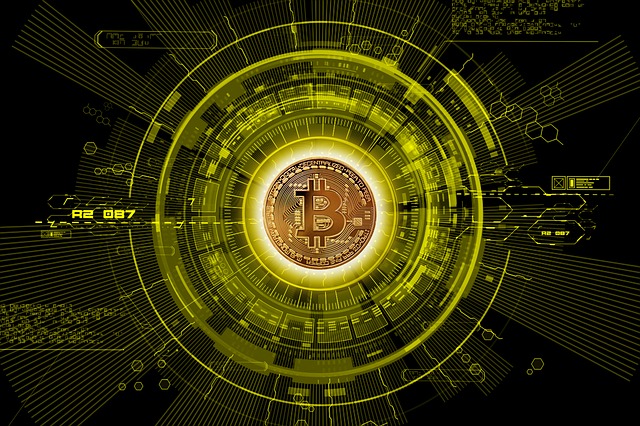A blockchain is a distributed database that is shared among the nodes of a computer network. As a database, a blockchain stores information electronically in digital format. Blockchains are best known for their crucial role in cryptocurrency systems, such as Bitcoin, for maintaining a secure and decentralized record of transactions. The innovation with a blockchain is that it guarantees the fidelity and security of a record of data and generates trust without the need for a trusted third party.
One key difference between a typical database and a blockchain is how the data is structured. A blockchain collects information together in groups, known as blocks, that hold sets of information. Blocks have certain storage capacities and, when filled, are closed, and linked to the previously filled block, forming a chain of data known as the blockchain. All new information that follows that freshly added block is compiled into a newly formed block that will then also be added to the chain once filled. It is quite important to understand how the blockchain technology is operating. As each transaction occurs, it is recorded as a “block” of data. Those transactions show the movement of an asset that can be tangible (a product) or intangible (intellectual). The data block can record the information of your choice: who, what, when, where, how much and even the condition — such as the temperature of a food shipment. Each block is connected to the ones before and after it
These blocks form a chain of data as an asset moves from place to place or ownership changes hands. The blocks confirm the exact time and sequence of transactions, and the blocks link securely together to prevent any block from being altered or a block being inserted between two existing blocks. Transactions are blocked together in an irreversible chain: a blockchain. Each additional block strengthens the verification of the previous block and hence the entire blockchain. This renders the blockchain tamper-evident, delivering the key strength of immutability. This removes the possibility of tampering by a malicious actor — and builds a ledger of transactions you and other network members can trust.
Blockchain technology plays a significant role in the industrial development. Many industries can potentially benefit from the innovations blockchain decentralization technology and privacy protocols offer about securing, data access, auditing and managing transactions within digital platforms. Blockchain is based on distributed and secure decentralized protocols in which there is no single authority, and no single point of control; the data blocks are generated, added, and validated by the nodes of the network themselves. blockchain is a foundational feature of it. Ultimately, the growth and development of blockchain has been fueled by cryptocurrencies, as crypto relies on its network to exist. But blockchain transcends cryptocurrency applications. Not restricted to the financial sector, the technology offers multiple solutions that have already, and will continue to, disrupt diverse markets in the years to come.
https://www.ibm.com/topics/what-is-blockchain#:~:text=Blockchain%20defined%3A%20Blockchain%20is%20a,patents%2C%20copyrights%2C%20branding).
https://www.investopedia.com/terms/b/blockchain.asp
https://www.getsmarter.com/blog/career-advice/the-relationship-between-blockchain-and-cryptocurrency/


Leave a Reply